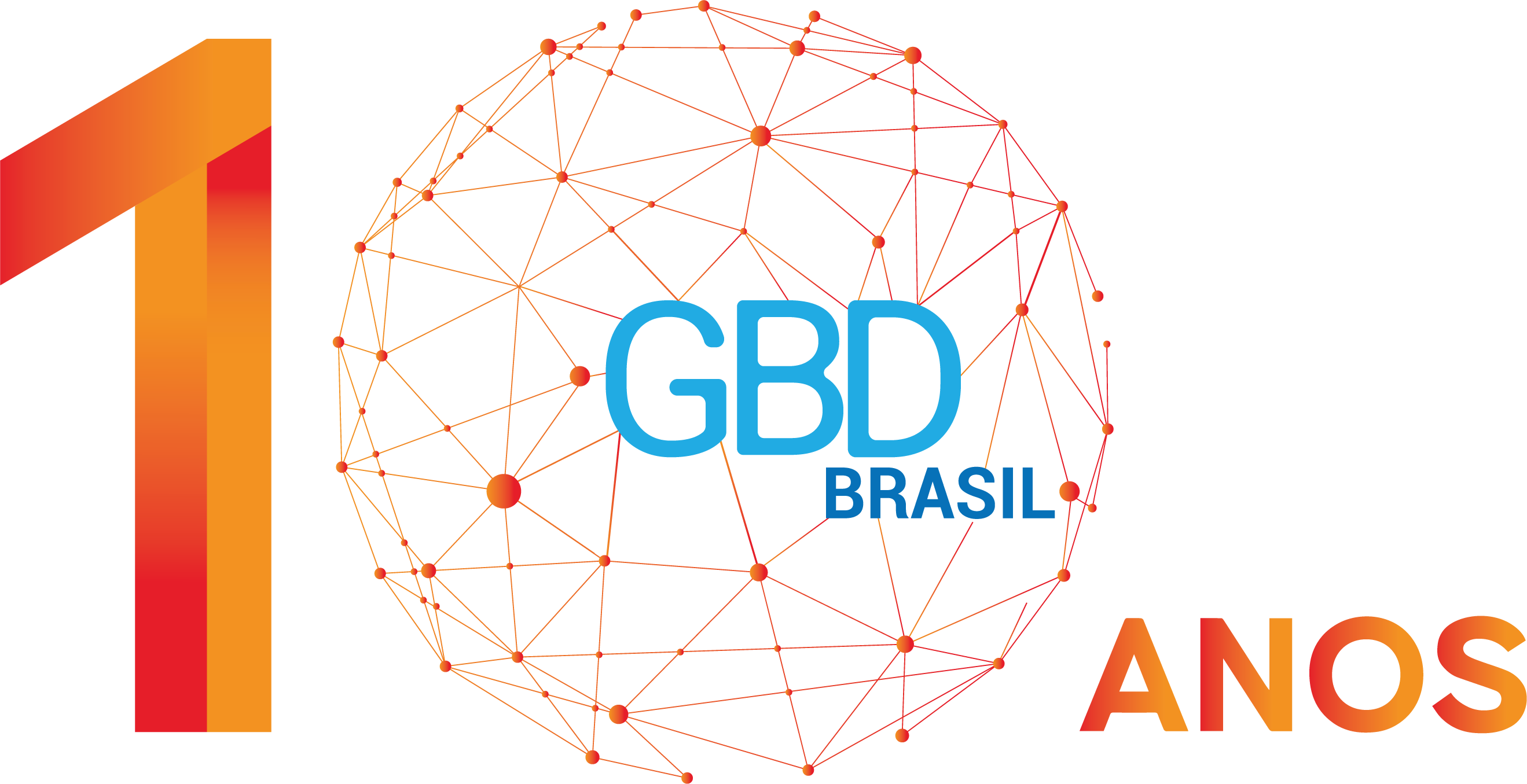Data de publicação
2022
Periódico
Revista da Sociedade Brasileira de Medicina Tropical
Resumo
Introduction – Excessive sodium consumption is associated with increased blood pressure, which is an important risk factor for non-communicable diseases (NCDs). This study therefore aimed to describe the burden of NCDs attributable to excessive sodium consumption among Brazilians.
Methods – This observational study used mortality and Disability Adjusted Life Years (DALY) rates, and their respective uncertainty intervals (UI), from the Global Burden of Disease Study 2019 (GBD 2019). The burden was obtained by the population attributable fraction of each NCD, considering the minimum theoretical value of risk (intake of 0-3g of sodium/day); the excessive consumption proportion in the population, obtained through population inquiries; and the relative risks obtained through meta-analyses.
Results – Excessive sodium consumption was the third highest dietary risk contributing to deaths (30,814; 95% UI = 2,034 – 84,130) and DALYs (699,119; 95% UI= 43,130 – 1,914,066) in 2019. States from the Northeast region had the highest age-standardized rates of deaths and DALYs, and the male population was more affected by NCDs caused by excessive sodium consumption. Cardiovascular diseases were the main contributing factors in the burden attributable to excessive sodium consumption.
Conclusions – Regardless of the progress in addressing NCDs related to this risk factor, the impact remains high, especially among men and in the Northeast region. More effective measures are needed to reduce sodium in industrialized products, such as health promotion actions to combat sodium consumption, in order to prevent and control NCDs in Brazil.
DOI/link
https://doi.org/10.1590/0037-8682-0266-2021


